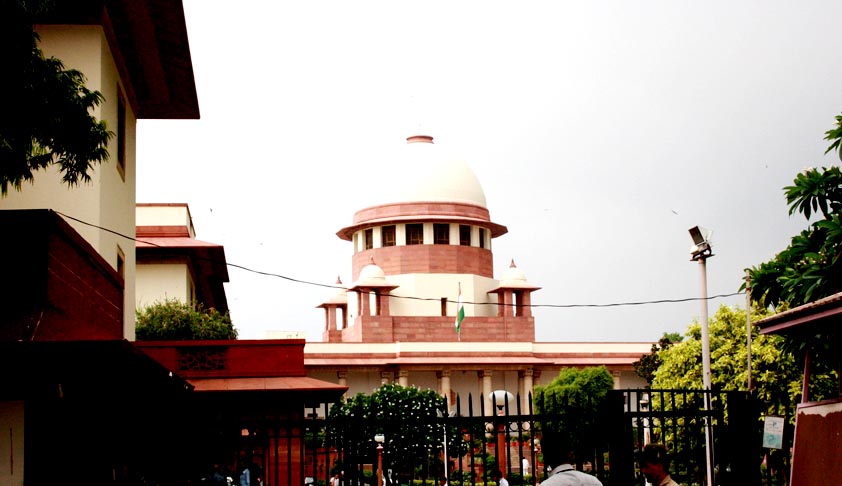Supreme Court warns the States of Contempt for Non-implementation of POCSO, RTE and NCPCR ACTs
LIVELAW NEWS NETWORK
17 Dec 2013 8:19 AM IST

Next Story
17 Dec 2013 8:19 AM IST
Supreme Court has said that in spite of the emphatic directions that have been issued by it on 3rd January, 2013 directing all the States and the Union Territories to implement the protective provisions contained in the Protection of Rights of Children from Sexual Offences Act, 2012, the Right of Children to Free and Compulsory Education Act, 2009 and the Commission for Protection of Child...
